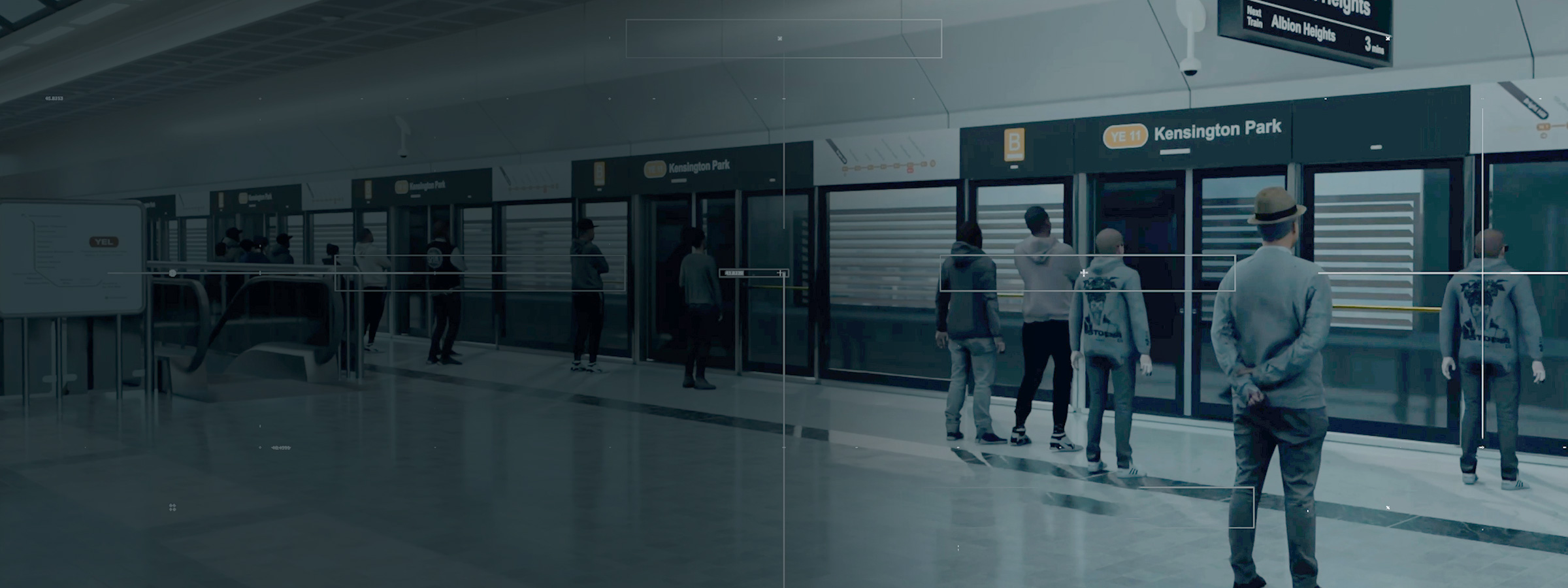
As urban populations grow and cities expand, metro networks are the lifelines that keep cities moving. Transporting passengers daily, the smooth and efficient operation of metro networks is critical to avoid disruptions.
One often overlooked yet vital component in ensuring seamless metro operations is Platform Screen Doors (PSDs). Now, with artificial intelligence (AI) enabling more accurate and proactive maintenance regimes, systems can now achieve new levels of efficiency and reliability.
With millions of passengers dependent on metro networks every day, ensuring reliable and efficient metro operations is critical. Any disruption - whether due to mechanical faults, system malfunctions or even track intrusions - can cause severe ripple effects across entire cities, inconveniencing countless passengers and impacting productivity. Minimising downtime and service interruptions are therefore priorities for rail operators.
One critical system that contributes to safe and efficient operations is the Platform Screen Door (PSD). Serving as a barrier between the platform and the train track, PSDs play a vital role in ensuring passenger safety and efficient boarding, helping trains stay on schedule. They also feature digital displays that provide important information such as train arrivals and emergency messages.
PSDs are complex systems involving various mechanical, electrical, and software components, all of which require regular upkeep to prevent malfunctions that could delay trains or compromise safety. Ensuring continuous system uptime and a high level of operational reliability therefore requires a thorough maintenance approach.
ST Engineering’s next-generation AI powered AGIL® PSD is equipped with MONIDOOR, an intelligent monitoring system designed to enable real-time condition tracking and diagnostics of platform screen door components.
Compared to conventional maintenance, which is often labour-intensive, inefficient and costly, MONIDOOR now allows conditional monitoring, providing rail operators with real-time operational health insights through a user-friendly dashboard and enables AI-driven data analysis to support predictive maintenance. Through continuously tracking door movement patterns, motor performance and wear indicators as well as analysing vibration, temperature, response times and historical failure patterns, MONIDOOR more accurately ensures fault prediction, empowering rail operators to prevent failures before they occur. This allows for more precise maintenance interventions, reduces costs by identifying when a component needs servicing, and proactively addresses issues to minimise downtime.
MONIDOOR is built to catch subtle issues before they escalate. For example, it could detect an unusual decrease in motor resistance—giving maintenance teams early warning to intervene and potentially prevent a costly failure during peak hours.
Complementing MONIDOOR is FieldDART, an AI-powered knowledge base and diagnostic tool that streamlines fault diagnosis and rectification. Through a tablet, maintenance teams now only need to describe the issue and FieldDart will generate step-by-step instructions to help rectify the problem, speeding up maintenance work and freeing up manpower.
Our next-gen AGIL PSD demonstrates the transformative potential of AI in metro systems – boosting operational reliability, elevating efficiency and reducing costs, as well as delivering a better experience for operators and passengers. As AI continues to see adoption, we can expect future metro systems to drive even more efficient and responsive operations to enable seamless urban mobility and improve passenger experiences.
Ryan Khoo, Engineer at our Urban Solutions business, shares how our next-gen AGIL® PSD make maintenance more efficient for rail operators.
Copyright © 2026 ST Engineering
By subscribing to the mailing list, you confirm that you have read and agree with the Terms of Use and Personal Data Policy.